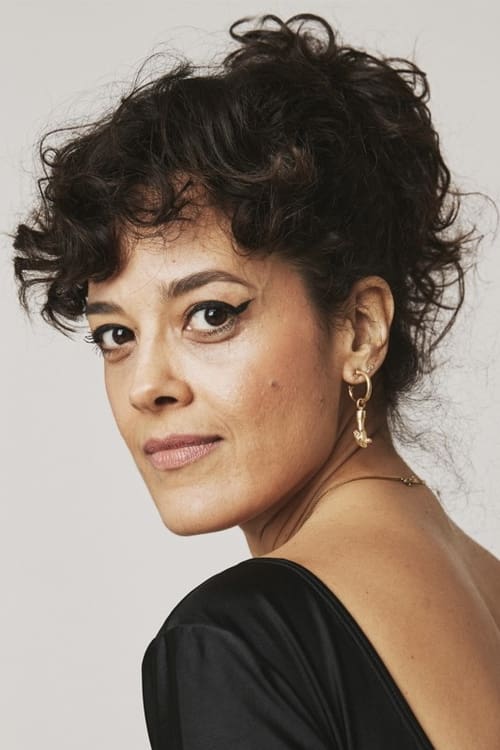
Maeve Jinkings Melo Silva (Brasília, August 4, 1976) is a Brazilian actress. Known primarily for starring in small-scale independent films with dramatic themes, she has received several awards, including two Guarani Awards, and two Best Actress awards at the Brasília Festival, as well as receiving nominations for two Grande Otelo awards.
Explore all movies appearances

Summer 1996, north-east coast of Brazil. Tamara is enjoying her last weeks at the fishing village she lives in before departing to Brasilia for her studies. One day, she hears about a teenager nicknamed Heartless after a scar she has on her chest. Over the course of the summer, Tamara feels a growing attraction for this mysterious girl.

The sequence of graduation of law graduates in Seu Cavalcanti helps to understand the Sergio Moro phenomenon in Brazil.

A woman married to a former politician during the 1971 military dictatorship in Brazil is forced to reinvent herself and chart a new course for her family after a violent and arbitrary act.

Suellen is a toll booth attendant who starts using her job to help a gang of thieves steal watches from people driving to the coast. But only for a noble cause: to send her son to an expensive gay conversion workshop.
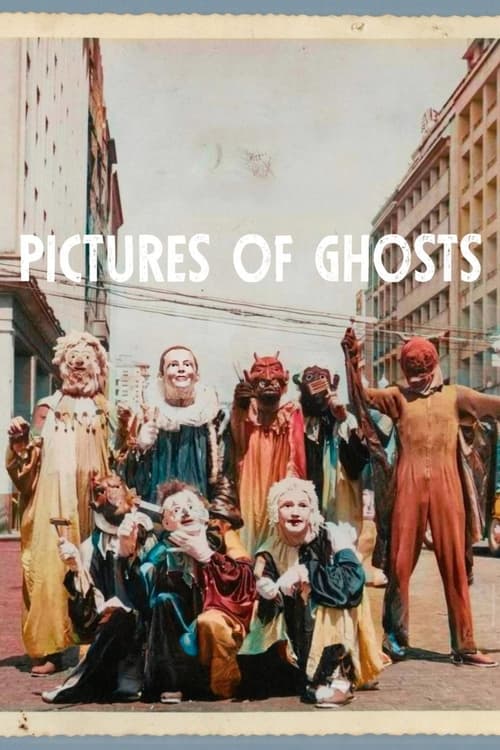
Downtown Recife’s classic movie palaces from the 20th century are mostly gone. That city area is now an archaeological site of sorts that reveals aspects of life in society which have been lost. And that’s just part of the story.

The cinema of Pernambuco is considered one of the most complex components of Brazilian cinema, particularly for its potency and creative style. The presence of women in filmmaking seldom holds the same historical notoriety as that of men, and the Pernambuco scene is no exception. In the context of "Amor, Plástico e Barulho" (Love, Plastic, and Noise), we find a film that serves as a testament to the marginalization of women in the creative industry, intertwining themes of consumption and the production of brega music. Hence, we use "Feminino e Barulho" (Feminine and Noise) as a means to share what we've learned. Renata Pinheiro has inspired us to craft a narrative that gives voice to those who need to be heard. We are here to showcase a glimpse of them and what they represent. "Feminino e Barulho" is a short film about love, femininity, sisterhood, and empowerment.
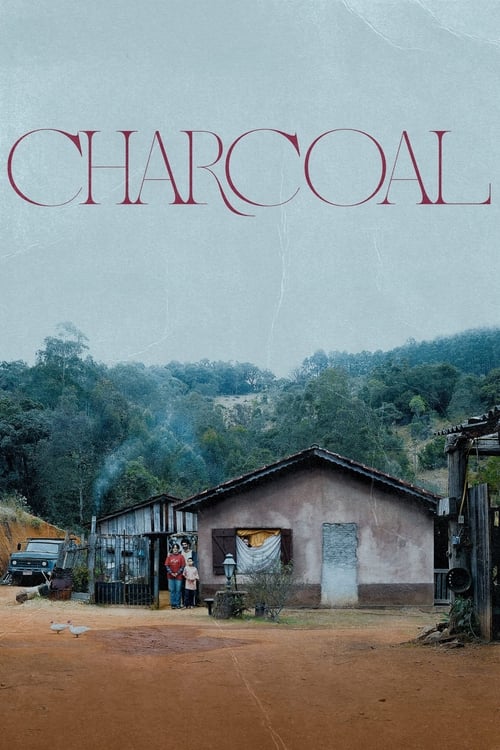
In the Brazilian countryside, a family straining to care for their bedridden patriarch have their lives changed when a shady nurse offers a diabolical deal: put their elder to rest and host an Argentinian drug kingpin who urgently needs a place to hide.
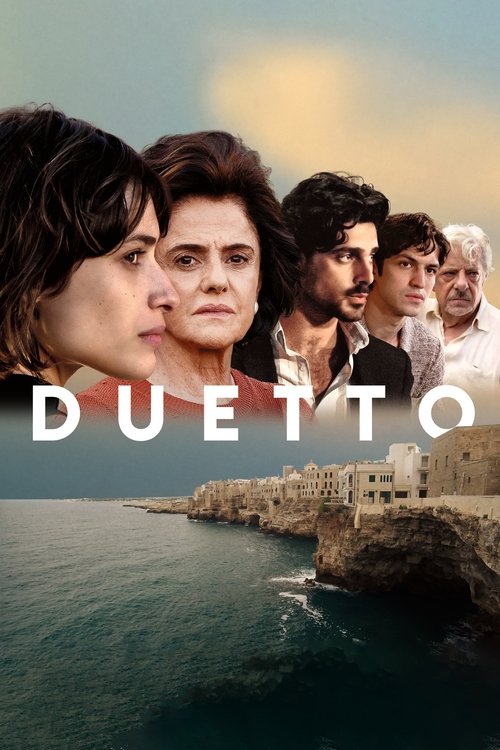
Duetto takes place in 1965 and tells the story of 18-year-old Cora, a Brazilian from an Italian family who, after losing her dad in a tragic car accident, goes with her grandmother Lucia to Puglia, Italy, where her ancestral homestead still stands. Lucia, aiming to sell an old family land lot, reencounters her sister Sofia and her husband Gino, whom she hasn't spoken to in 40 years.
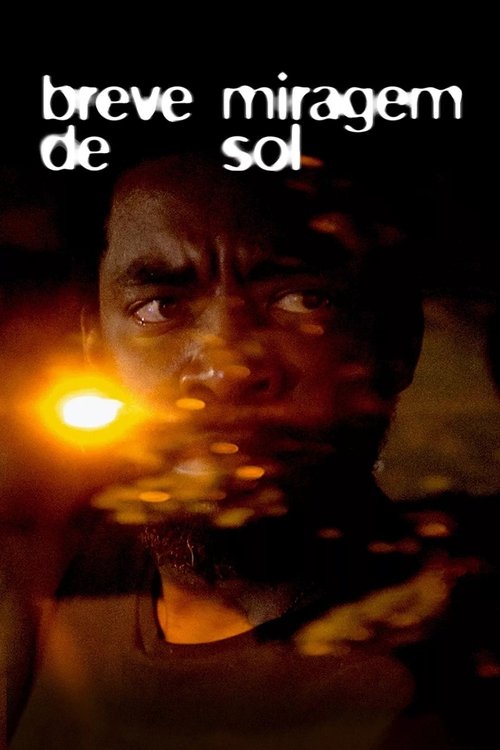
Down on his luck and recently divorced, Paulo has begun driving a cab around Rio, hoping he’ll make enough to send his ex money to support their ten-year-old son. He mostly works nights, so in addition to his encounters with a colourful variety of customers, colleagues, cops and others, he must cope with loneliness, fatigue and new faces in his life.
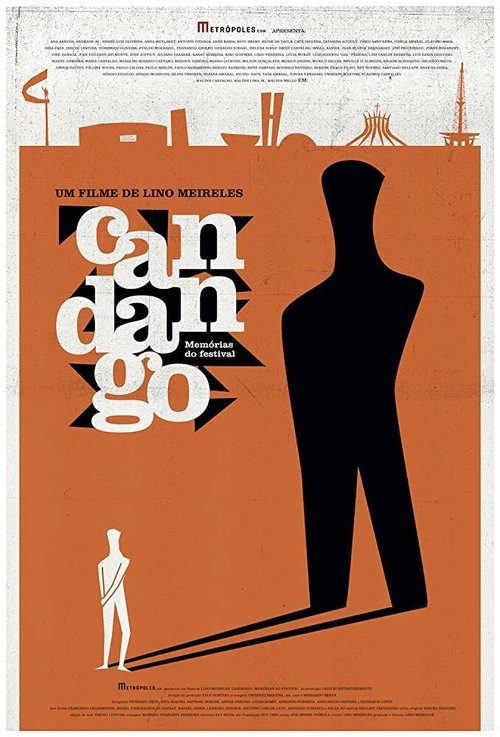
In 1965, a year after the military coup in Brazil, an oasis of freedom opened in the country's capital. The Brasília Film Festival: a landmark of cultural and political resistance. Its story is that of Brazilian cinema itself.
Subscribe for exclusive insights on movies, TV shows, and games! Get top picks, fascinating facts, in-depth analysis, and more delivered straight to your inbox.